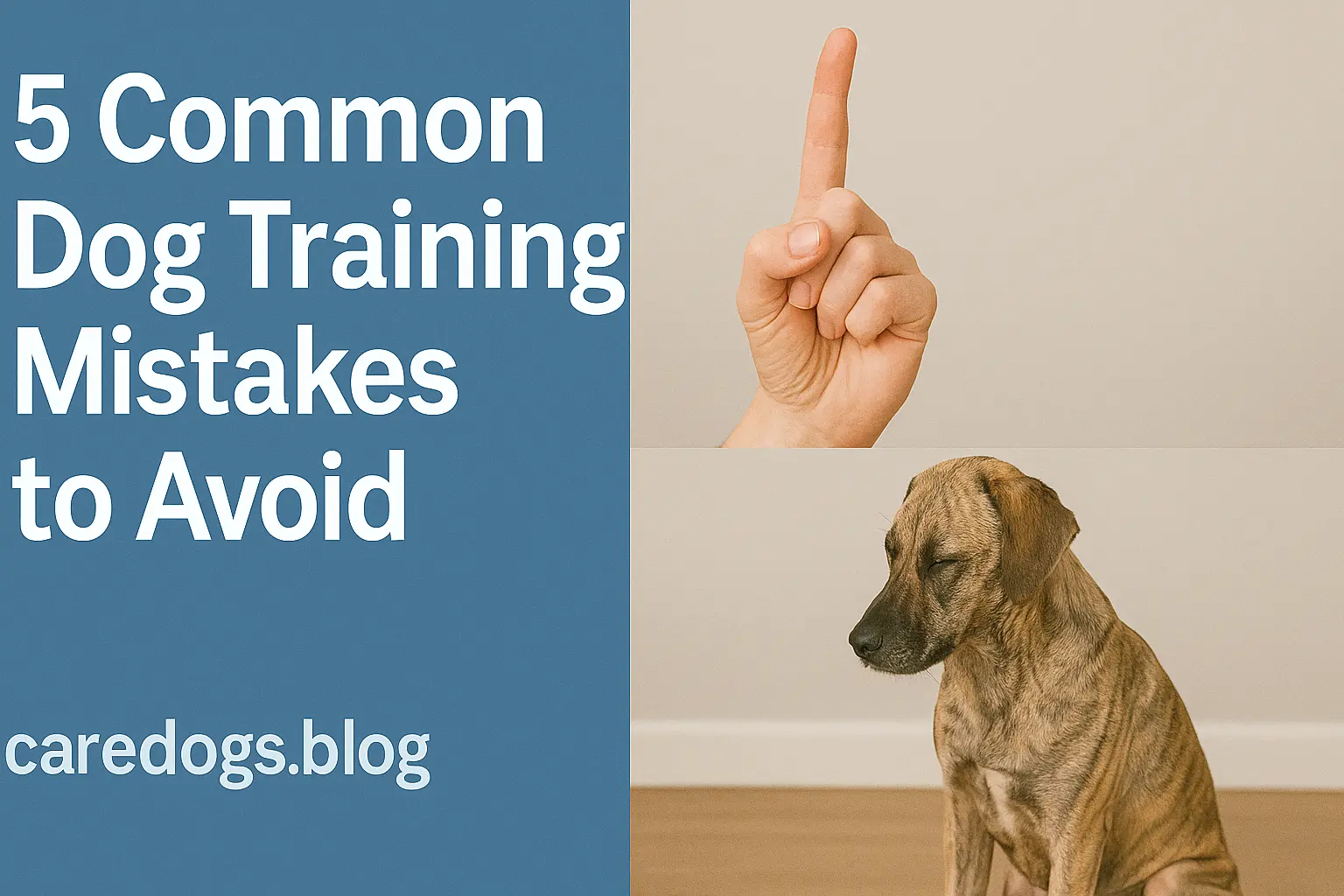5 Common Dog Training Mistakes to Avoid
5 Common Dog Training Mistakes to Avoid Your obediences trainings with your dogs or any pets is one of the joys of beings a pet parents. It not only solidifies your relationship, but also good manners on your pet’s part and empowers him in situations. But for all right reasons, 5 Common Dog Training Mistakes to Avoid there are certain common mistakes usually made by pet parents that undermine improvement in abreaction—or worse, mislead and annoy owner as well as pet.
The not-so-bad news? They’re easy errors to trim once you’re aware of them. Throughout this e-book, 5 Common Dog Training Mistakes to Avoid we’re going to take apart the 5 most frequent dog training errors to trim out, reason why they occur, and suggest better options to get you and your tail buddy on the correct path.
1. 5 Common Dog Training Mistakes to Avoid
Why It’s a Problem
5 Common Dog Training Mistakes to Avoid prefer consistency. Having one time where your dog is on the couch and scolding them for jumping up another time will confuse them. Confusion is based on mixed messages, which confuse your puppy about what it is that you actually do want them to do.
Better Technique
- Establish rules in the beginning and be consistent.
- Ensure familys members are usings the same methods of trainings.
- Punishs each instance of the wanted behaviors but not at randoms.
???? Internals Linking Suggestions Link here: TheCareDogs.com
2. Harsh Punishments
Why It’s a Problems
5 Common Dog Training Mistakes to Avoid physicals punishments or punishings the dogs will removes unwanted behaviors short terms but teaches fears and destroys trust. Fear-based training has a high potential to lead to aggression, anxiety, or withdrawal.
Improved Technique
- Positive reinforcement (treats, praise, play).
- Redirected misbehaviors rathers than punished.
- Relaxed and calm—dogs learn best in a peaceful environment.
-
Boxer Lab Mix :Temperament, Care, and What to Expect from This Energetic Breed
???? Example: Don’t spank your dog for chewing shoes. Place a shoe as a substitute for the chew toy and reward them when they play with the shoe.
3. Avoiding Socialization
Why It’s a Problem
5 Common Dog Training Mistakes to Avoid of the very frequent errors novice pet owners make is avoiding socialization. Hounds that never venture outside to expose them to various environments, humans, and animals might become aggressive or fearfully violent in the long run.
Better Way
- Gradually socialize your dog to new places, sounds, and environments.
- Schedule safe playtime with other dogs.
- Take your dog for a ride, take it out where there are plenty of people, and go to places where dogs are permitted.
- 5 Common Dog Training Mistakes to Avoid
???? Internal Linking Suggestion: Connect this to “How to Calm an Aggressive Dog Without Stress” because reactivity is typically triggered by poor socialization.
4. Training Sessions That Are Too Short or Too Long
Why It’s a Problem
Babies and pups also have short attention spans. Too-long-a-session frustrates or exhausts them only, and short-session-only training stops real progress.
Improved Technique
- Make them short and fun (5–15 minutes, with a break). End on a good note so the dog believes they’ve accomplished something beneficial.
- Train more frequently during the day instead of diluting one session into many.
???? Pro Tip: No need to train fully formally—daily tasks such as sitting in the doorway or waiting for meals can be mini-trainings.
5. Anticipating Immediate Success
Why It’s a Problem
Too many owners quit too soon, expecting that their dog “just doesn’t get it.” Practice, time,5 Common Dog Training Mistakes to Avoid and consistency are the key to training. Instant over-night success is not an option, and more likely to be frustrating enough that your dog can tell.
Better Solution
5 Common Dog Training Mistakes to Avoid
- Consistency—change will be made but it will arrive.
- Reward small wins. One sit on command is a win.
- Remember: every dog will learn at his or her own rate.
??? Internal Linking Suggestion: Link here to “10 Proven Ways to Stop Your Dog from Barking Excessively” because persistence is also the key to eliminating unwanted behavior.
More Training Tips for Success
- Start Early, But Don’t Worry if You’re Late: Puppies learn quickly, but adult dogs can still master new skills with patience.
- Be timely: Rewards your dogs the moments the desired actions is performed so they associates the actions with the rewards.
- Stay Positive: Make training sessions enjoyable to allow your dog to enjoy themselves.
- Use the proper tools: Harnesses, clickers, and safe chew toys can make training easier and more efficient.
- Know Your Dog’s Breed Quirks: Various breeds react in various ways to various inducers—food, play, or attention.
- 5 Common Dog Training Mistakes to Avoid
FAQs about Mistakes in Dogs Trainings
- Can I train a mature dog, or has it passed the time?
Not too late! Puppies might absorb things quickly, but you can train an older dog to learn new commands at the same rate if you persist and are patient. - How frequently should I train my dog?
Two or three short training periods (5–15 minutes each) work well for most dogs. - Do I give every command a treat?
Yes, initially. Eventually, you can replace it with praise or play as reward. - What if my dog refuses to listen to be trained?
Be aware of hunger, fatigue, or distraction. Shorten the trainings session and boosts trainings stimulations. - Is punishment ever helpful in training?
Light scoldings such as K”no” are perhaps all right, but terrible punishers are best avoided. Positive reinforcement is always the best. - How long does it takes to trains a dogs?
Simpler behavior will be days to weeks, but stubborn ones will be months. Patience is the motto.
Conclusion
Dog training is an investment in your own and your dog’s happiness. Avoid these 5 most common dog training mistakes and the process will be shorter, easier, and sweeter. Patience and consistency are the secret. Look out for positive reinforcement, clear communication, and step-by-step progress 5 Common Dog Training Mistakes to Avoid By steering clear of these pitfalls, you’ll not only raise a well-behaved dog but also build a stronger, more trusting bond with your four-legged companion.
Visit: CareDogs






